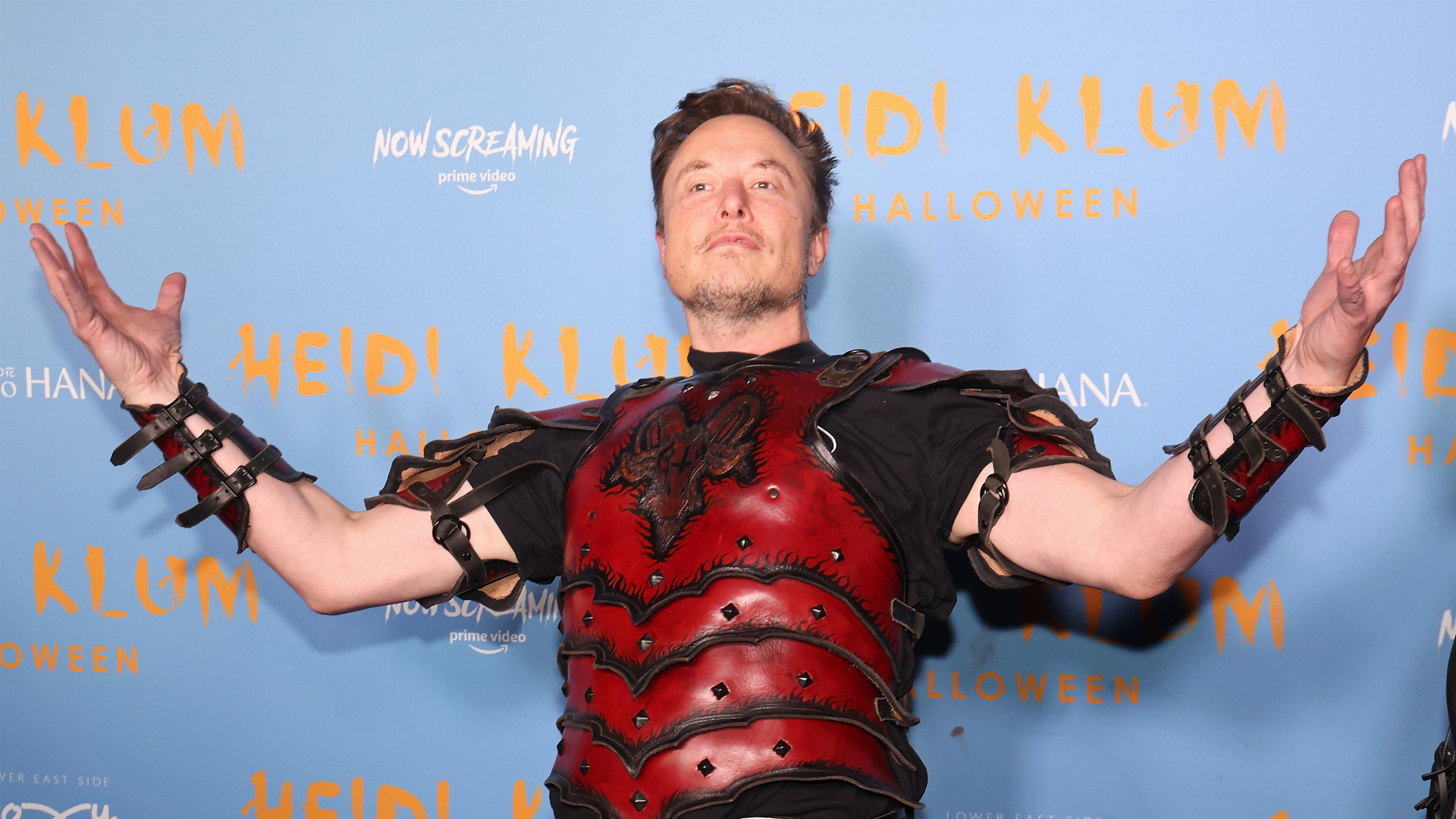If Elon Musk makes people pay to read Tweets, he can probably just pull the plug
Opinion: Is this Musk's mother of all bad ideas?

Most of Elon Musk's solutions to what ails Twitter revolve around money; or, to be more specific, charging you money to do things on the platform that were previously free. And this could, according to reports, include the simple act of viewing a Tweet.
A recent report in the Platformer newsletter claims that Musk and advisor David Sacks discussed a plan that, according to the report, "might allow everyone to use Twitter for a limited amount of time each month but require a subscription to continue browsing."
Paywalls for content sites are not unusual, and as media companies struggle with declining ad revenue, putting your best stuff behind a subscription service is a recognized and, in some cases, successful business model. The problem is that Twitter's content – all those millions of Tweets – are not created by Twitter but the platform's users.
There's already a real and soon-to-be-live plan to start charging people $8 a month for verification, as part of a revamped Twitter Blue program. That, we assume, applies to currently verified accounts and all future ones. Now Musk might want to squeeze people on the other side of the equation – "pay us to post on the site as a verified user, and then pay us again to read tweets on the platform."
Tweet wall
Most people I speak to on Twitter are either uncertain or adamantly opposed to paying for their verified status, and I can only imagine the reaction to a paywalled Twitter. There are no indications that this is a real plan, or that it's happening in the near term – but Twitter's problems are very real.
As Musk noted in a recent tweet defending his laying off half the workforce, the company was losing $4M a day. Granted, there's now a significant debt load thanks to his partner-backed, premium-sized $44bn acquisition. That money has to come from somewhere, and I think Musk's plan is to take it from users' pockets. He may have to if advertisers keep fleeing.
If there's any good news here it's that Twitter is, if Musk's stats are accurate, more popular than ever.
Sign up for breaking news, reviews, opinion, top tech deals, and more.
Is all attention good?
Musk has, through his various antics, shone a bright light on the struggling social media platform – and not that all attention is good attention. There have been reports of more hate speech, and just this week Musk enacted a zero-tolerance policy for account impersonation.
Having myself been the victim of account impersonation, this sounds to me like a good thing. Unfortunately, Musk has applied the rule to obvious parody, and now some legitimate comedic accounts, such as comedian Kathy Griffin's, are gone for good.
Trying to keep up with Twitter's twists and turns could give you whiplash. I was pleased, though, to see that, overnight, Twitter Head of Safety and Integrity Yoel Roth offered some clarity regarding its plans for verification.
As guessed, Twitter did postpone the rollout of its $8-a-month verification system to keep it from interfering with the 2022 midterm elections in the US. This was smart, because the verification plan, and the lack of detail surrounding it, promised chaos.
What is identity?
Twitter's plan for verification, according to Roth, appears to rely solely on payment, making that a form of incontestable ID, when it's anything but.
"Long-term, I think we need to invest more in identity verification as a complement to proof-of-humanness," tweeted Roth. "Paid Verification is a strong (not perfect) signal of humanness, which helps fight bots and spam. But that’s not the same thing as identity verification."
I worry though that Roth and Musk are conflating 'humanness' with identity. Someone can be both human and impersonate someone else. A credit card is not, by itself, proof of identity.
One might almost say it's fun to watch the daily social media soap opera that is now Twitter, but I'm not laughing – and, honestly, I doubt that many other people are.
Maybe Musk is chuckling to himself, on occasion. When he pointed out the surge in Twitter traffic, he also joked that he hoped the servers didn't melt.
All I could think is that he'd better hope he hadn't laid off the people in charge of helping those servers keep their cool.

A 38-year industry veteran and award-winning journalist, Lance has covered technology since PCs were the size of suitcases and “on line” meant “waiting.” He’s a former Lifewire Editor-in-Chief, Mashable Editor-in-Chief, and, before that, Editor in Chief of PCMag.com and Senior Vice President of Content for Ziff Davis, Inc. He also wrote a popular, weekly tech column for Medium called The Upgrade.
Lance Ulanoff makes frequent appearances on national, international, and local news programs including Live with Kelly and Mark, the Today Show, Good Morning America, CNBC, CNN, and the BBC.